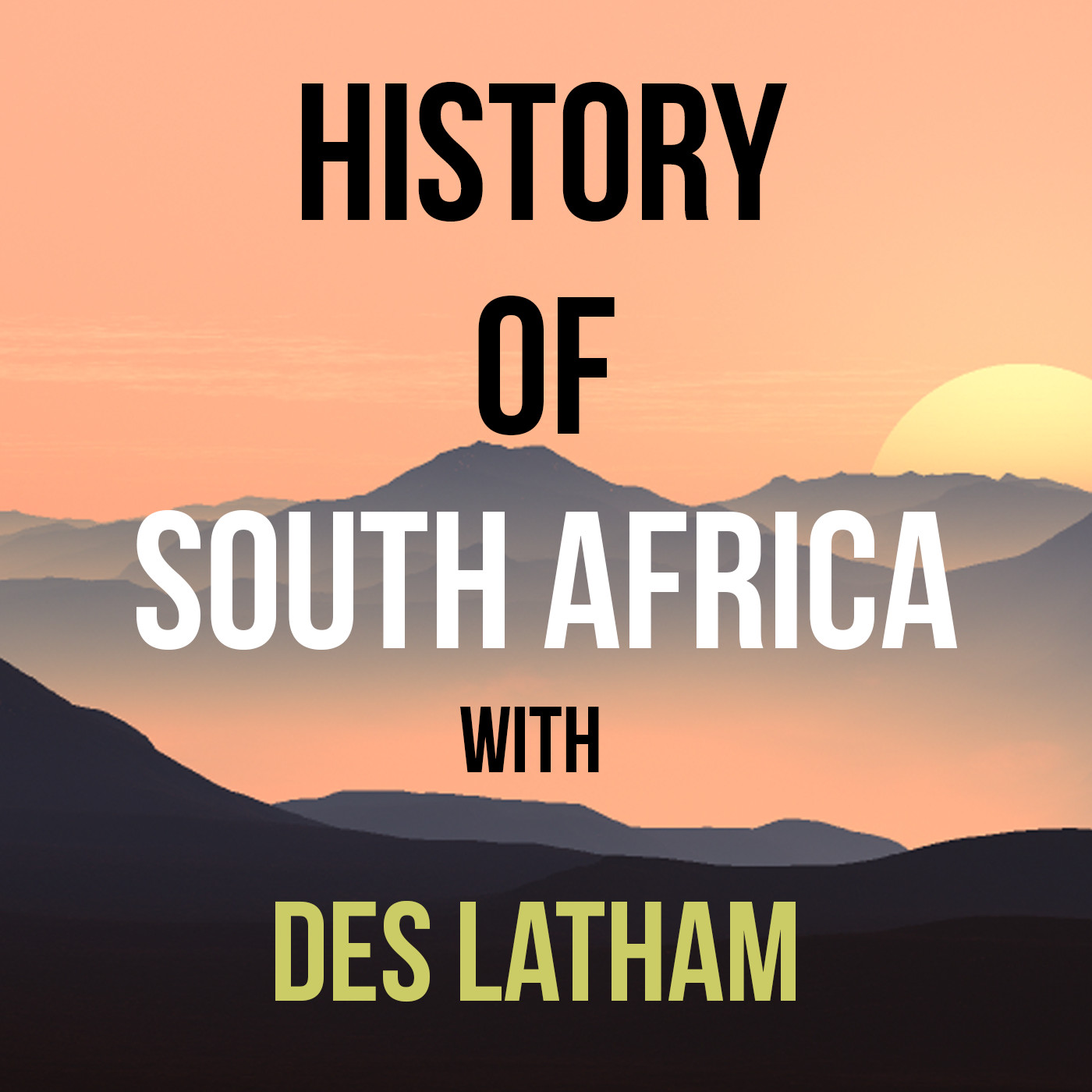- History
- SEE MORE
- classical
- general
- talk
- News
- Family
- Bürgerfunk
- pop
- Islam
- soul
- jazz
- Comedy
- humor
- wissenschaft
- opera
- baroque
- gesellschaft
- theater
- Local
- alternative
- electro
- rock
- rap
- lifestyle
- Music
- como
- RNE
- ballads
- greek
- Buddhism
- deportes
- christian
- Technology
- piano
- djs
- Dance
- dutch
- flamenco
- social
- hope
- christian rock
- academia
- afrique
- Business
- musique
- ελληνική-μουσική
- religion
- World radio
- Zarzuela
- travel
- World
- NFL
- media
- Art
- public
- Sports
- Gospel
- st.
- baptist
- Leisure
- Kids & Family
- musical
- club
- Culture
- Health & Fitness
- True Crime
- Fiction
- children
- Society & Culture
- TV & Film
- gold
- kunst
- música
- gay
- Natural
- a
- francais
- bach
- economics
- kultur
- evangelical
- tech
- Opinion
- Government
- gaming
- College
- technik
- Jesus
- Health
- movies
- radio
- services
- Church
- podcast
- Education
- international
- Transportation
- Other
- kids
- podcasts
- philadelphia
- Noticias
- love
- sport
- Salud
- film
- and
- 4chan
- Disco
- Stories
- fashion
- Arts
- interviews
- hardstyle
- entertainment
- humour
- medieval
- literature
- alma
- Cultura
- video
- TV
- Science
- en
Episode 168 - Earl Grey and the irascible Sir Henry Pottinger leave their mark on South Africa

This is episode 168 and the world by the middle of the 19th Century was shifting gear, changing rapidly. Southern Africa was caught in the currents of world history and within a few years with the discovery of Diamonds, was going to be very much in the current of world economics.
\n
\nNot that the Cape had not been crucial since the days of the Dutch East India Company, the VOR.
\n
\nAs you heard last episode, the British government has fallen, Robert Peel had resigned on 19 June 1846, in the wake of political divisions that followed the repeal of the Corn Laws. The imposition of import duties on foreign corn had been attacked for making bread expensive. And yet, the Laws were more than a concession to farmers and landowners \u2014 they were also the symbol of a barrier against free trade.
\n
\nAh yes, the logic and philosophy of lassaiz faire capitalism.
\n
\nThe repeal of these laws and the change going on must not be underestimated. We forget these things, so long ago, at our peril. For we have similar debates going on today, globally.
\n
\nIn 1846, the repeal of the laws took place in the midst of the great Irish Famine, which led to so many Irishmen and women fleeing their homeland for America \u2014 where they changed that country forever too.
\n
\nWhile the financiers muttered about all the advantages of free trade, they of course made sure to leave out one country in their calculations.
\n
\nIndia.
\n
\nThis was always the exception.
\n
\nStill, the financiers were pontificating about how the empire itself was sort of redundant, and as everyone glanced around for the good and the bad, many found themselves wondering about southern Africa.
\n
\nThis region assumed a pivotal role inside British politics, as it was going to do for the next 150 years. You see, the whole of South Africa was the embodiment of wasteful expenditure without a discernable return on commercial investment. It was a total liability except for the Cape of Good Hope with its strategically important naval base which allowed the British to cover the South Atlantic and the approaches to the Indian Ocean.
\n
\nInto the political breach strode a man who arrived with Lord John Russell\u2019s administration, and he was the third Earl Grey, who took over from William Gladstone as Secretary of State for War and the Colonies.
\n
\nGrey was a free trader, imbued with the spirit of the elixhir of cash, the medicine of dosh, and imperial matters were the third Earl Grey\u2019s passionate interest. He was a technocrat with a mission, and wrote a book where he pointed out that the great object of possessing colonies was to also possess a monopoly over the commerce.
\nGrey turned his gaze to Sir Peregrine Maitland. The governor was 70, and the stress of the Seventh Frontier War had turned him into an octagenarian. A younger man was needed. Someone who could sign up young amaXhosa and turned them into Sepoys, and they\u2019d police their own people.
\nThis is where another colonial springs into our view, a man who was called a violent-tempered martinet, greedy and ambitious. Sir Henry Pottinger. He\u2019d spent most of his life in the East, and had just retired as the first Governor of Hong Kong.
\n
\nHe\u2019d secured Britain\u2019s commerce with that vast country called China, and when he sailed home in 1846, he\u2019d been received as a hero. He\u2019d been given a handsome pension for life and was telling all and sundry he hoped to become the governor of Bombay, which we now call Mumbai.
\n
\nThe last thing he wanted was to be sent to South Africa. So when Grey met with Sir Henry, the latter bluntly refused the Cape Governorship. Eventually, Grey was forced to cough up a vast salary of ten thousand pounds a year and promised that the Cape Town post was temporary.
\nPottinger was to last ten months in South Africa. It\u2019s thought too that his governoship, which was often like a hurricane of unsparing ill-will and excoriation, was also the most significant of the first half of the 19th Century.